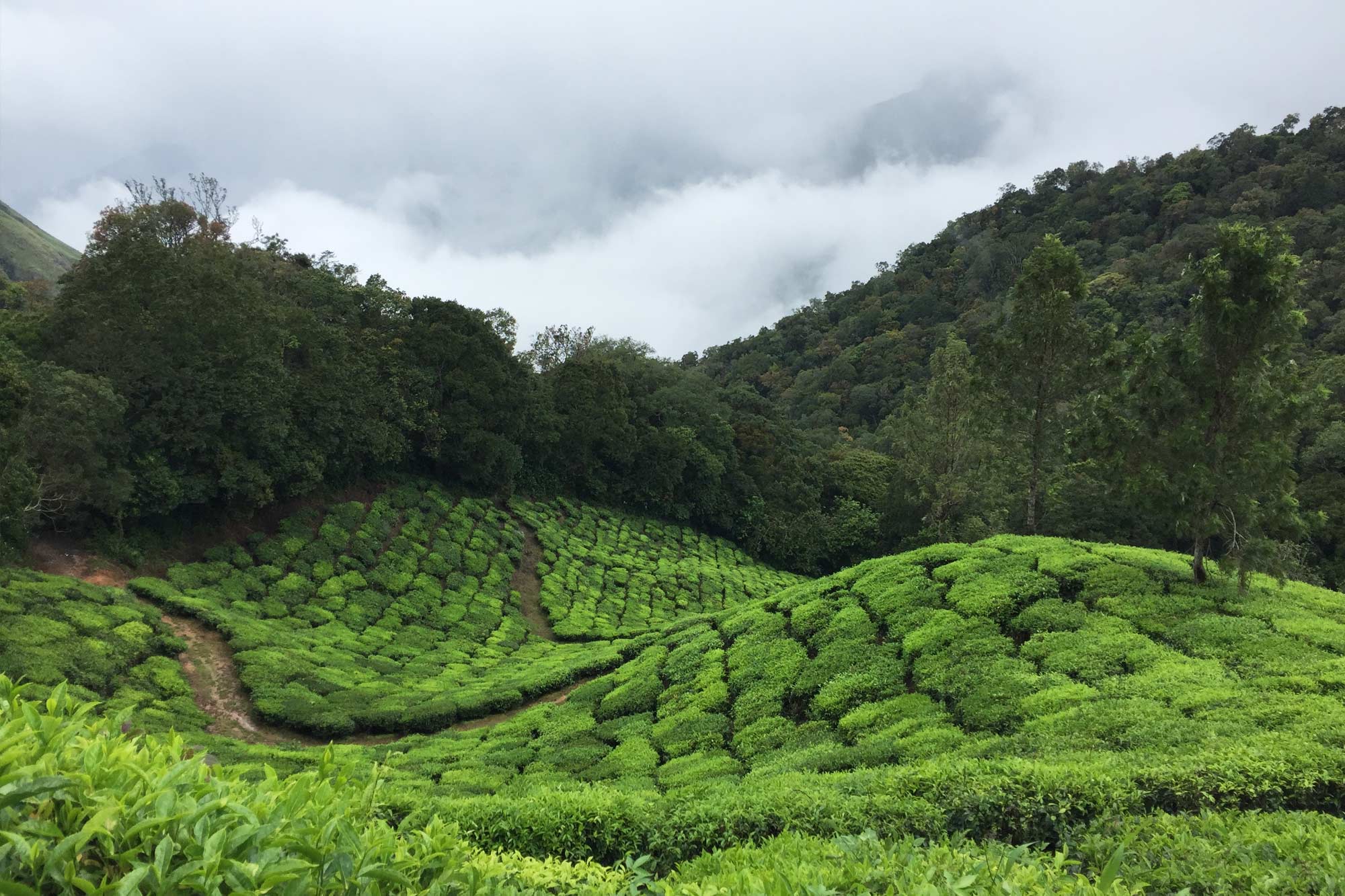| Principal Investigator: | Professor Douglas C MacMillan |
|---|---|
| Co-Investigators | Dr Ian Bride (Project Officer), Dr Joseph Tzanopoulos & Dr Nigel Hardiman |
| Project dates: | June 2013 – May 2016 |
| Funding: | £171,317 DEFRA – Darwin Initiative |
| Partners: | Applied Environmental Research Foundation (AERF) and Pukka Herbs,UK |
| Contact | Ian Bride: i.g.bride@kent.ac.uk |

The 3-year project seeks to increase the capacity of targeted local communities in the North-Western Ghats, India to adapt to climate change and participate in biodiversity conservation through improved management of socio-ecological landscapes.
It draws upon traditional knowledge of natural resource management whilst building local capacity to undertake alternative, ecologically-sound, yet financially-profitable land-use practices that employ agro-forestry, ecological restoration, non-timber forest product certification and product marketing pilot schemes.
The Durrell Institute of Conservation and Ecology (DICE) and an Indian NGO, the Applied Environmental Research Foundation (AERF), in partnership with the UK-based Pukka Herbs, will document and assess indigenous knowledge-based natural resource management practices, and conduct a feasibility study for the sustainable harvesting and marketing of fruit of two tree species native to forest patches within these landscapes. They will create and pilot a

FairWild-certified supply chain for these species (they are used in Ayurvedic practice), provide value-adding, locally-centralised processing facilities, determine other possible candidate species, and design and set up agro-forestry pilot commercial market schemes. Local farmer groups will be trained and supported in understanding and adopting these practices, and an action plan for promulgating and scaling up this approach at the regional level will be developed.
Throughout, the project will record baseline data across relevant parameters and monitor interventions and outcomes, placing special emphasis on impacts on the livelihoods of local people.
See a video pertaining to the project here.
For further information please visit the AERF project website.

